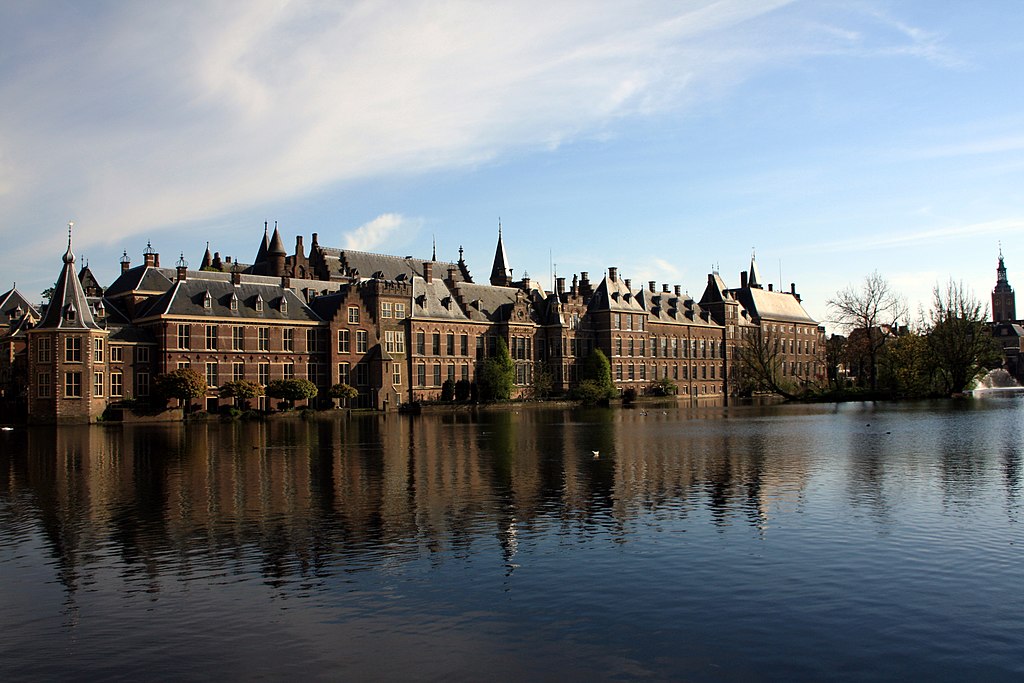Abortion, International Politics
In stunning reversal, Dutch parliament votes to oppose abortion as a human right at EU
The battle over abortion in Europe has been heating up in the wake of the U.S. Supreme Court’s declaration in Dobbs v. Jackson Women’s Health Organization that “abortion is not a constitutional right.” Leftist parties, already committed to abortion, have used the overturn of Roe v. Wade as an opportunity to push an agenda they have long hoped to implement: enshrining abortion as a constitutional right on the national level, and as a human right on the continental (European Union) level.
The leftist Spanish government is the latest to wade into the fray over feticide, proposing a constitutional reform to cement abortion “rights” into the nation’s laws on October 3. Prime Minister Pedro Sánchez’s Socialist Party has been engaged in a political battle with the conservative Popular Party (PP) and the right-wing Vox Party, over a measure recently passed by the city council of Madrid mandating medical centres to supply information on “post-abortion trauma.”
The measure was supported by both the PP (which dominates the Madrid city council) and Vox, and Sánchez’s Socialists promptly presented it as an attack on abortion. “In the global context of attacks on sexual and reproductive rights, this step is needed to guarantee women’s freedom and autonomy,” the government stated. A constitutional bill of this nature would take a three-fifths parliamentary majority to pass, meaning that the “reform” is by no means a done deal.
The abortion debate in Spain has always been factitious; after being decriminalized in 1985 in the face of furious pushback by pro-life conservatives, abortion regulations were loosened further in 2010, when abortion was permitted up to 14 weeks on demand or 22 weeks (viability) in cases of loosely defined “health risks.” Even parental consent, passed by the PP in 2015, was repealed in 2015. Sánchez will face an uphill battle to push Parliament into supporting abortion as a constitutional “right.”
The only European nation to recognize abortion as a constitutional right in recent years has been France, which passed the legislation with an overwhelming majority. The abortion bill triggered grotesque celebratory parties in front of the Eiffel Tower in Paris, which was lit up with pro-abortion slogans fronted by crowds waving flags and setting off smoke bombs. President Emmanuel Macron was triumphant over the move, and abortion activists hoped that it would set off a chain reaction across Europe.
But in the Netherlands, a parliamentary vote to declare abortion a “human right” failed on September 23, despite being pushed by several of the Dutch progressive parties. Pro-life politicians and advocates had been pushing back against the bill, and in an extraordinary reversal of fortunes, a countermotion put forward by the SGP (Reformed Party), the ChristenUnie (Christian Union), and FvD (Forum for Democracy) passed on October 2. According to one Dutch media report:
The SGP, ChristenUnie, and FVD then decided to submit a motion urging the government to actively oppose attempts to include abortion as a human right in European treaties. Their reasoning is based on the fact that abortion legislation and practices vary significantly between EU member states.
A vote was held on Thursday, and the motion in question was supported by the PVV, NSC, BBB, DENK, and JA21. This means the motion was adopted. The SGP called it “a very important result in the final votes before the election recess.”
The final vote was 77 in favor, 73 opposed. The vote was the final proceeding before the election recess and is a genuinely stunning setback for the abortion activists who believed that they could push parliamentary recognition of abortion as a “human right,” and instead saw the precise opposite result unfold. Hopefully, a similar result will unfold in Spain in the coming months.









The 1948 Universal Declaration as enhanced in the 1959 Rights of the Child specify normative protections including “before” birth. Pro-aborts are demonstrably repudiating the global Civil Sociey’s response to the enormities of the NAZI ideology, laws and implementation. By that repudiation, pro-aborts are eroding all “inherent, inalienable” Human Rights. Ref. “Human Rights and the Unborn Child” by Rita Joseph, 2009.